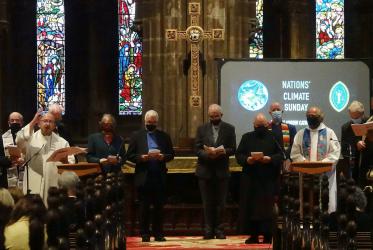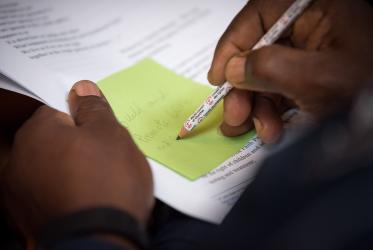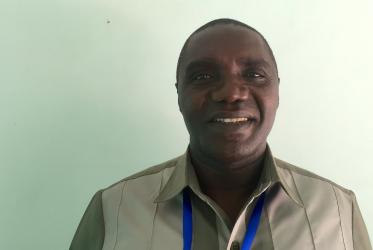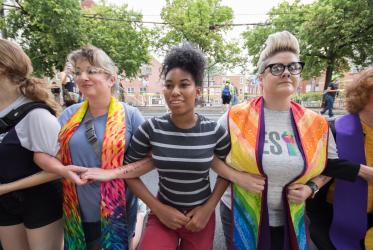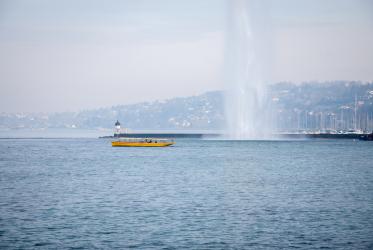Displaying 121 - 140 of 657
Climate Sunday: an opportunity for churches to act for creation
06 September 2021
Walk the Talk
A Toolkit to Accompany the "Roadmap for Congregations, Communities and Churches for an Economy of Life and Ecological Justice"
31 August 2021
Prayer service will commemorate European flood victims
12 August 2021
Ecumenical International Youth Day 2021 Event Toolkit
Young People and Climate Justice
06 August 2021
Prayers lift up peaceful elections in Zambia
03 August 2021


